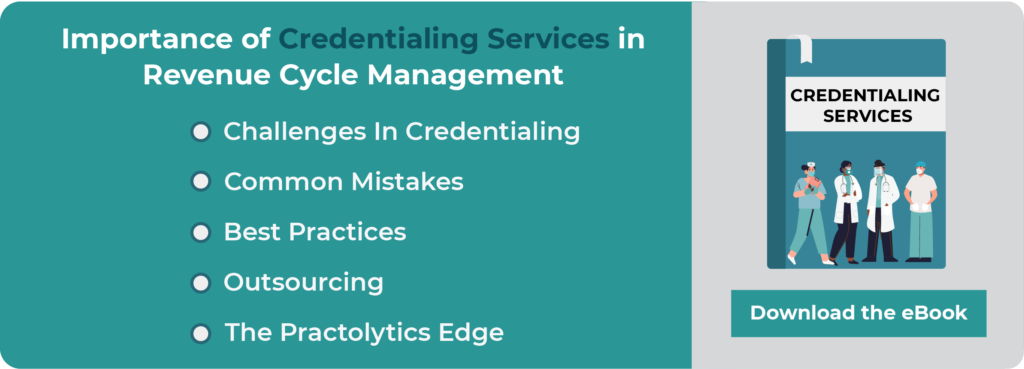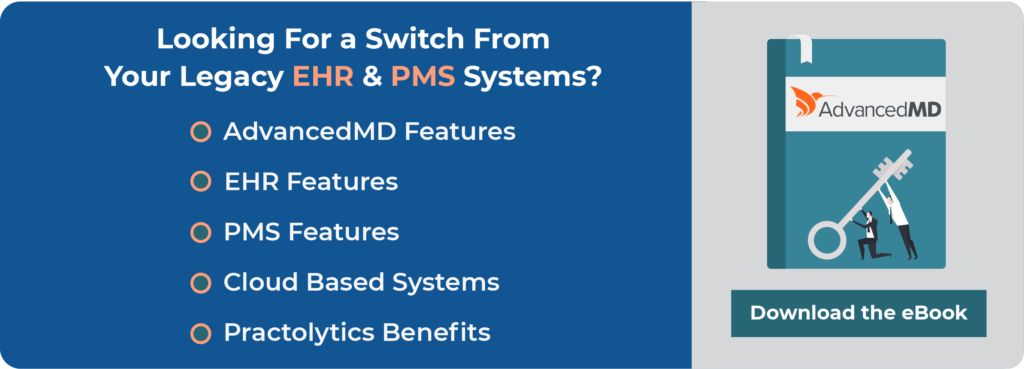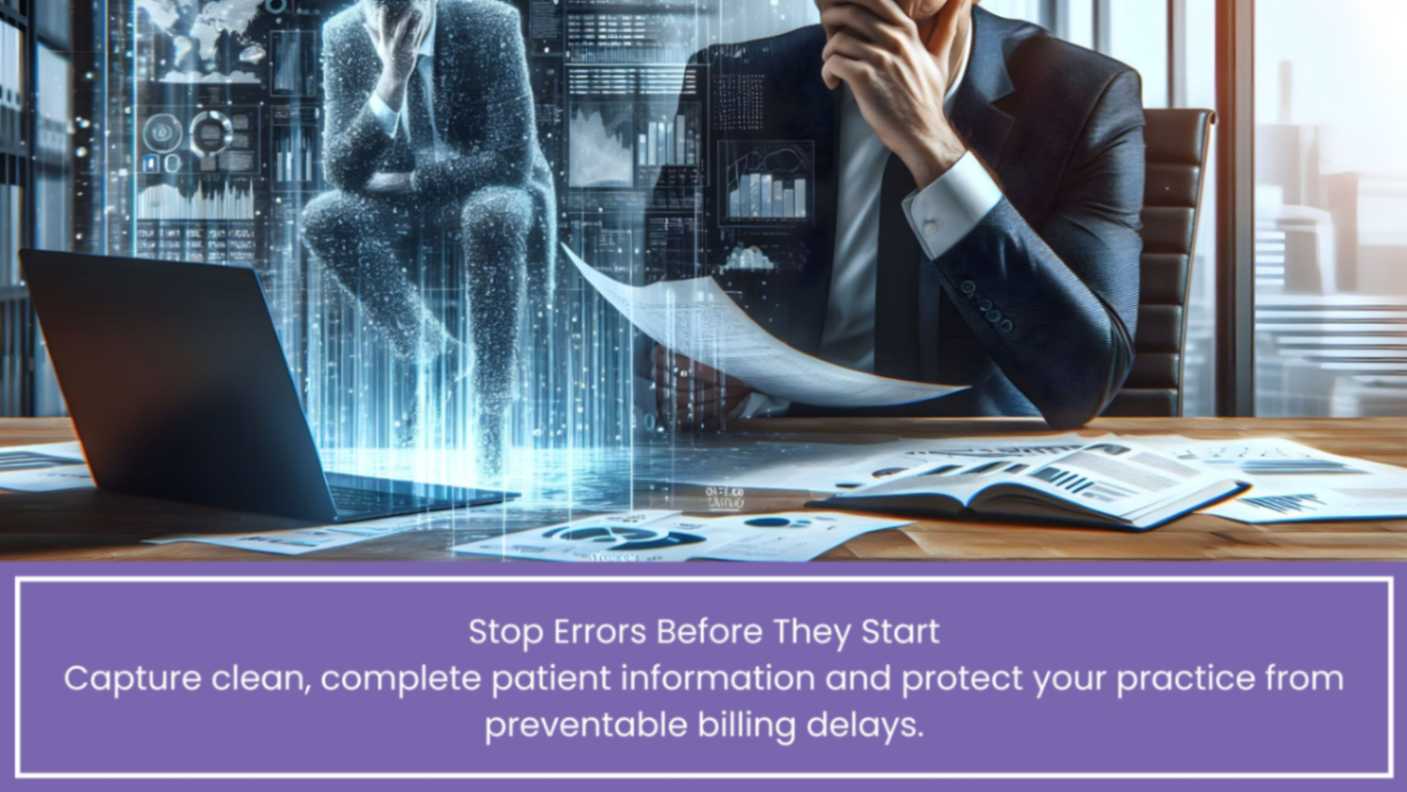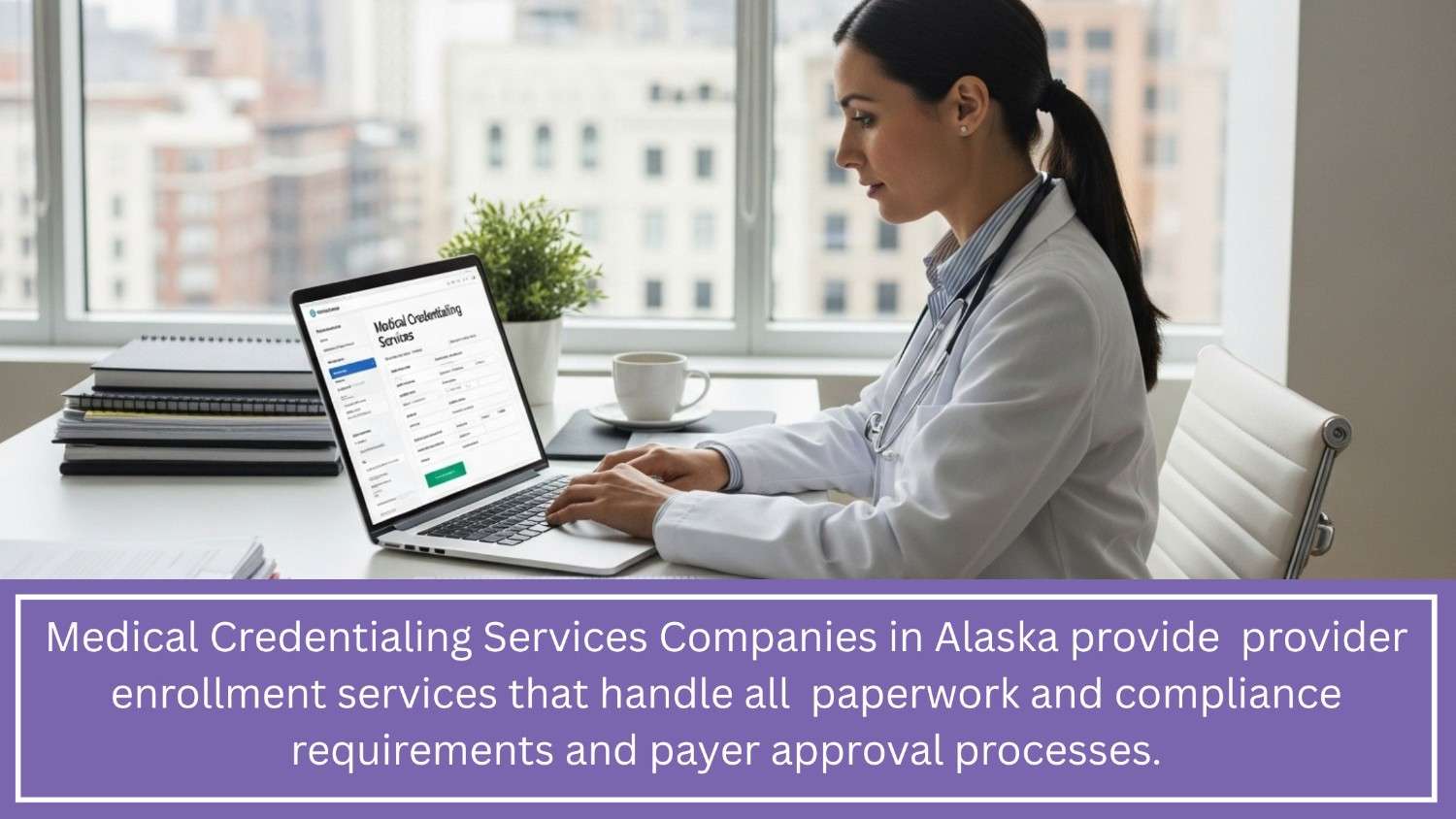Roles of Your Front Office and Billing Staff to Avoid Costly Mistakes
Insurance correspondence refers to the written information exchanged between an insurer and its customer. In the context of medical practice, insurance correspondence covers communication between the health service provider and the insurance company. The correspondence includes documents such as claim denial explanations, authorization approval, authorization rejections, medical necessity determinations, and other correspondence.
A bulk of the practice revenue stems from payouts by insurance companies. But while the billing process appears straightforward on the surface, it is replete with complexities. This article will examine the importance of the insurance correspondence, roles of front office and billing staff in avoiding mistakes, and ways to improve staff quality.
Table of Contents
Importance of the Insurance Correspondence
In a survey carried out by the American Hospital Association in 2019, it was revealed that 89% of the respondents had experienced an increase in claim denials over a period of three years. Of this number, 51% referred to these denials as significant. In another analysis by Change Healthcare, data revealed that claim denial rates have been on an increase since 2016. These figures indicate that for a claim to be resubmitted successfully, practices need to evaluate the causes of the initial rejection. This will assist in recovery. More importantly, the same study revealed that with intervention from hospital staff, 86% of rejected claims were potentially avoidable. This implies that an understanding of the causes of rejections can help staff avert the same problem in future.
However, inadequate handling of insurance correspondence will prevent health service providers from making successful claims and acquire strains on their financial strength. Besides revenue, insurance correspondence also extends to patients and can dictate the treatment for specific conditions. For instance, prior authorization or PA allows a practitioner to either provide a certain type of care or prevent it. Where care is unauthorized, the insurance company may reject a claim, leaving the payment unrecoverable. It is therefore important to not only understand the fine print of a healthcare plan but also communicate clearly with the insurer.
Roles of Your Front Office and Billing Staff in Avoiding Mistakes
Roles of Your Front Office Staff
Your front office staff are the first point of contact between you and your patients. They are not only crucial to the opinions patients have of your practice but are also vital to its financial health. The following are some of roles of front office and billing staff in avoiding mistakes.
Insurance Verification and Authorization
Front desk personnel are expected to document details about the patient. They ask critical questions such as the patient’s insurance eligibility and prior authorization. They also note details about the insurer and the patient’s coverage. It is important to state that data revealed that front desk personnel typically request coverage details at first contact. However, only 25% of them do so during a second appointment. This may be fatal in the sense that coverage changes over time and noting updated information is crucial to submitting claims. Also, staff at the front desk need to ask all relevant questions at a go to ensure that nothing is missing in the patient’s charts. They also need to run eligibility checks to ensure that information provided is accurate and can be used to ground a successful claim.
Similarly, your front office staff need to ascertain prior authorization in the patient’s plan. Authorization ensures that fees are limited to only the necessary procedures and costs are reduced effectively. The insurer is at liberty to ignore unauthorized care, hurting your practice in the process. Staff should therefore scrutinize this and contact the payer for needed clarifications.
Handle Patient Check-in and Check-out
Also, the front office staff handle the entry and exit of patients from your facility. They are the point where patients develop first impressions and decide whether they are comfortable or not. This makes it necessary for staff to be patient, calm, and friendly towards patients. If patients do not feel at ease with your staff, they will likely switch to a different facility and cost you revenue. Your staff must also stay on top of patient appointments and ensure that they are fully intimated of the service at your facility. Items such as your financial policy must be fully explained and balances firmly but politely requested.
You can also optimize the efficiency of your front desk staff by reassigning potential distractions such as calls to specific personnel. Other important facets are running smooth appointment schedules to reduce waiting times and maintaining an organized reception area.
Staff Attitudes
Front office staff must be capable of dealing with high patient inflows and relating fluidly in such situations. Patients in need of care may get frustrated and staff must be professional and compassionate in pacifying them. As front desk personnel will often need to handle other issues while responding to patients, attentiveness is an important quality. When put together, these attributes will guarantee a steady workflow and prevent costly mistakes in data collection and documentation.
Roles of Your Billing Staff
Below are roles of the billing staff in your revenue cycle:
- Checking patient data for insurance eligibility
- Securing prior authorization for medical procedures
- Drafting and reviewing claims using software and documentary methods.
- Reviewing payments to determine their alignment with contract terms.
- Appealing any claim denials.
- Contacting insurance providers to rectify discrepancies in payments.
- Sifting through patient records to discover missing insurance information.
In addition to the above, your medical billing personnel may also fulfill related roles to their training and qualifications. It is crucial to evaluate communication between your front office and the billing staff to ensure synchrony, speed, and accuracy in transmitting information. This inquiry into processes will save you expenses in the long run.
Conclusion
Finally, while the activities of your personnel are critical to avoiding mistakes, staff quality and methods are equally essential. To prevent little but impactful errors, ensure that your staff are well trained in the use of billing software. Providers should not be excluded from this process as training them will also avert documentation headaches. Similarly, for watertight processes to be created, administrative and clinical procedures must be examined and improved where necessary.
ALSO READ – How Does AdvancedMD Work and Its Benefits
Talk to Medical Billing Expert Today — Get a Free Demo Now!







